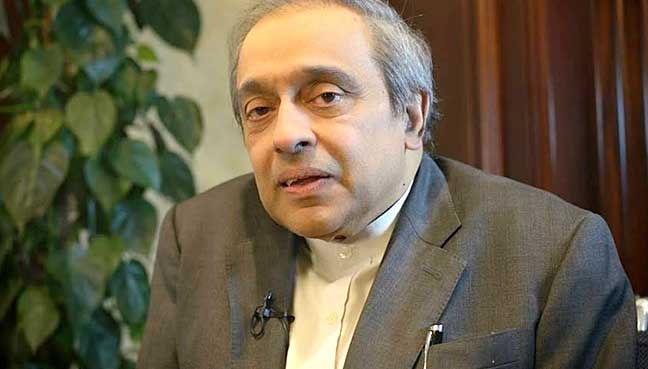As the Government works to formulate the National Harmony Act through consultations with civil society stakeholders, it is worth reflecting on Dr Chandra Muzaffar’s recent reflections on the goals and ideal formation of the Act. His message — that by seeking a balance of competing interests and fealty to the constitution, a worthy replacement for the Sedition Act may be crafted — is reflective of the goals of the proposed Act itself.
The repeal of the Sedition Act, as Chandra notes, is universally acclaimed. Its replacement is a matter of some dispute.
It perhaps behooves political observers to say what Dr Chandra is too polite to say, that is: Neither any Pakatan Rakyat leader or MP, nor any of Pakatan’s all-but-official allies such as the Bersih steering committee or the Bar Council’s leadership, can be counted on to be honest brokers in this. No matter the final shape of the Act, they will decry it as draconian, an infringement on civil liberties, and, inevitably, worse than the Sedition Act.
They achieved a perfect delivery of this refusal to participate in public life during the revolutionary repeal of the Internal Security Act. The repeal and replacement of yet another law they have long claimed to hate will not change their behaviour.
Instead, we must focus on both the process of the National Harmony Act’s creation and its final form, because civil society’s reaction to it will be governed by both. Thus, Dr Chandra notes:
If a community feels that its legitimate rights are not recognised and respected, it becomes alienated from the rest of society. Its alienation becomes a threat to national harmony. At the same time, every community has to aware of the restraints it must observe in the pursuit of its rights. These restraints are often the consequence of an implicit or explicit acknowledgement of the legitimate rights of the other. One of the reasons why Malaysia has succeeded in maintaining an appreciable degree of harmony is because there is a balance between rights and restraints in our social fabric. The new law should reinforce that balance.
This is precisely correct, and it is clear that the Government is working to abide by this maxim. Prime Minister Datuk Seri Najib Razak has clearly kept the principles behind 1Malaysia in mind while undertaking his reform programme, and the direction that the Attorney General should consult with all stakeholders is reflective of that.
Most nations have laws that place restrictions on speech or assembly, but only to protect the common good. In the United Kingdom, for example, everyone from everyday citizens to famous footballers can be and has been charged with using racially offensive language — as in, charged with the crime of inciting hate. This is what the National Harmony Act would do: allow for political dissent and arguments over policy, belief, and practice; but remember, as Dr Chandra notes, that ‘freedom of speech’ is not ‘freedom to incite a riot.’
In light of Datuk Seri Anwar Ibrahim’s notorious gestures during the Bersih 3.0 debacle in April, this may explain Pakatan’s opposition to any replacement for the Sedition Act.
It is to Najib’s and his Government’s credit that they are openly and deliberately moving away from the old conception of the Sedition Act — which at times too easily applied to political speech outside the Dewan Rakyat — and toward a law that allows a robust discourse without allowing the incitement of hatred and violence.
The best way to accomplish that, in turn, is to give the rakyat a chance for input into the final form of the law; that way, they are comfortable that, no matter the form of the compromise, they have a stake in the law as much as in civil society. They will obey it, or challenge it in court, or work to change it in Parliament.
They will rightly believe it is their law, not a law forced upon them.
Dr Chandra also makes one, final critical point:
To reinforce that balance there is an absolute pre-condition. The implementation of the proposed Harmony law has to fair and just. There can be no bias. There can be no double standards.
This is a critical point, and one to which the Government has already pledged fealty. Whatever sins prior Governments may have had, based on the massive wave of reform Najib’s administration has advanced and even its reaction to the illegal Bersih 3.0 rally, it is clear that it is now committed to equality before the law.
Dr Chandra offers, as a final point, the idea of a so-called ‘sunset clause’, that is, a time limitation in the law itself after which the law will not expire if not renewed. The idea, he explains, is that this will allow Parliament to determine if the law is being fairly implemented, and if not, to allow it to end.
Obviously, monitoring the law’s implementation is a basic governing duty. However, the virtue of a sunset clause is uncertain; while it would force Parliament to closely evaluate the law, it may simply provide another opportunity for Pakatan spectacle.
On the whole, Chandra’s piece is worth reading for any Malaysian interested in not only the proposed National Harmony Act, but in how legislation should be crafted in modern Malaysia.

